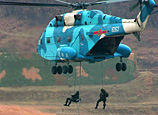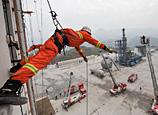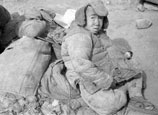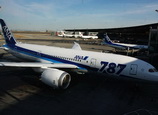
"We will set up a special service zone for transit visitors in our terminals, offering drinking water and reading materials," Li elaborated, "Moreover, services including foreign currency exchange, mobile phone rental service, and left-luggage office will be provided for the convenience of tourists."
Xu Jianqiang, chief economist of Air China, said the transit policy will also boost development of the air-travel market, creating more jobs.
"A relaxed visa policy is common practice to boost the inbound tourist market," said Wang Yue, deputy director with Beijing Municipal Commission of Tourism Development.
The current number of foreign visitors to Beijing is 5 million per year. The number is expected to double in three years after the TWOV policy comes into effect, the commission predicted.
Travel agencies are also rushing to offer one to three-day personalized tour packages with cheaper prices to cater for the potential tourists, said Sun Lianqin, vice general manager of the BTG International Travel & Tours.
"As more than one third of the flights make a stopover in Beijing Capital International Airport during the night, our travel agencies will develop some night entertainment programs for the tourists," Sun added.
New tax-free shops in the airport and in downtown Beijing are planned to be built to attract more foreign consumers.
However, transit visitors will not be allowed to bring their pets or other animals with them within the 72 hours in China. Instead, pets will be temporarily kept at an appointed place for quarantine, according to a Beijing Entry-Exit Inspection and Quarantine Bureau spokesman.
However, they can bring their guide dogs along with them under certain conditions.















 'Devil' foreign instructors at Chinese bodyguard training camp
'Devil' foreign instructors at Chinese bodyguard training camp


![]()
